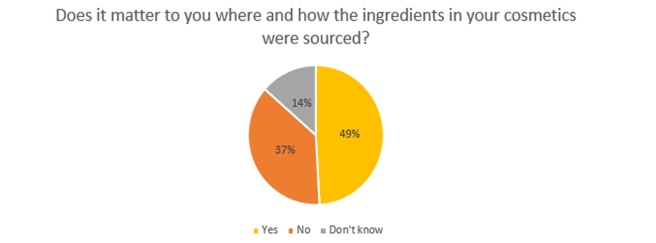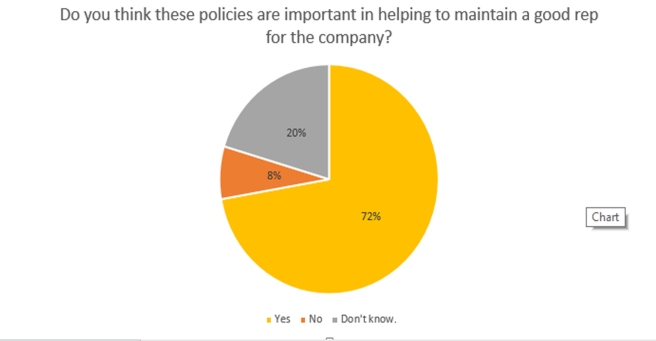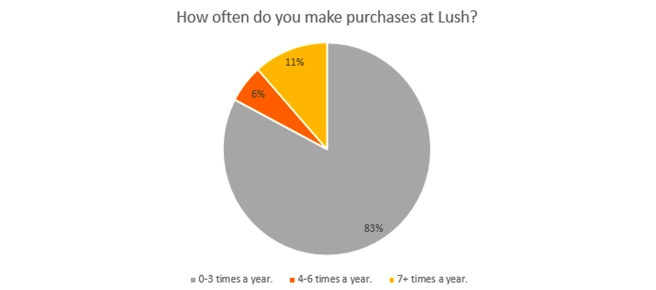Just starting second year at Manchester Met University, I have been interning at Mosquito Digital for three weeks now as part of a unit called ‘Agency Life’. This is a six-month long work experience in which we choose a company to work with as part of our course and then work as an intern under a mentor’s guidance.
There was a good handful of companies involved in the unit, but Mosquito Digital felt like the right fit for me right now. An award-winning digital agency, the in-house mentor had a ‘tell-it-like-it-is’ approach to communication and made it clear there would be no spoon-feeding. This is exactly what I was looking for: a challenge.
Life Gets Mucky, Turtlewax UK, Mosquito Digital Client
There are students that go to Uni to better their lives, of course, but they’re not willing to really work that hard for it, and there are those who get stuck in and are motivated to soak everything up. This is me.
And an award-winning straight-talking no-spoon-feeding digital marketing agency was exactly what I wanted and needed.
I started three weeks ago, three weeks earlier than the rest of the course, as projects were under way and it was all hands on deck. This is what I’ve learnt so far about interning in a digital marketing agency:
- It’s a welcoming atmosphere. Yes, Mosquito have won awards and are a fantastic agency with big clients, but they’re still human beings. They understand that everybody starts somewhere, and they most probably started out as graduates themselves.
- It can be stressful. Because you are working for a client, certain demands need to be met. There are deadlines, so many deadlines, and there is so much work that goes into one project, and it needs to be done with great quality.
- You don’t photocopy things. I’ve literally not touched a printer or a kettle in the office, because I’m not lumped with doing pointless jobs around the place. Researching, writing articles, social media marketing and updating the back end of a new website have been some of my jobs over the past three weeks.
- You get to see things before the public. It is so exciting to see something as it is being made, still in its early form with its bugs and wrong colours. Of course everything is confidential, but getting to see these prototypes makes you enthusiastic about getting that project out for the client.
- It makes you excited for the future. Although you’re not a permanent fixture, it makes you excited to think that when you graduate you could work in a digital marketing agency full-time, and actually make a living from it!
If you’re wondering whether Agency Life or unpaid work is worth it, just think about when you graduate. Literally thousands of young people with the same degree is going to be applying to the same places you want to work. And the only thing that puts you ahead of the competition will be your experience. Do as much as you can, and never take the easy route.






